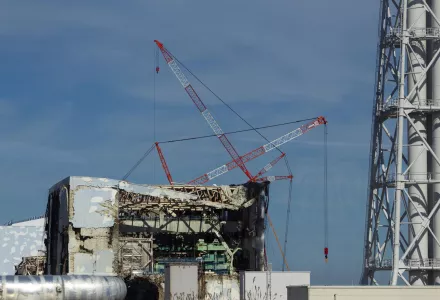Severe Nuclear Accidents and Ethical Responsibility
A seminar with Denia Djokić, postdoctoral research fellow with the Project on Managing the Atom.
A seminar with Denia Djokić, postdoctoral research fellow with the Project on Managing the Atom.

A nuclear accident anywhere is a nuclear accident everywhere. The accidents at Chernobyl and Fukushima Dai-ichi have resulted in radiological and sociopolitical consequences that transcend borders and generations. The repercussions of evacuation, environmental cleanup, economic impact, and physical and psychological health effects raise questions of ethical responsibility and social, environmental, and intergenerational justice. While the “lessons learned” from these accidents have informed new regulatory standards and improved safety culture in the global nuclear industry, the question of fair legal compensation to affected parties if an accident does happen remains a contentious issue. The current international legal liability framework, which consists of several disparate conventions and protocols, falls well short—by about two orders of magnitude—of covering damages to affected parties given the expected total damage due to the accidents at Chernobyl and Fukushima. In light of several nations currently developing or expressing serious interest in nuclear energy development, it is imperative to adequately address the question of ethical responsibility and legal preparation for a potentially disastrous event with international and intergenerational consequences.